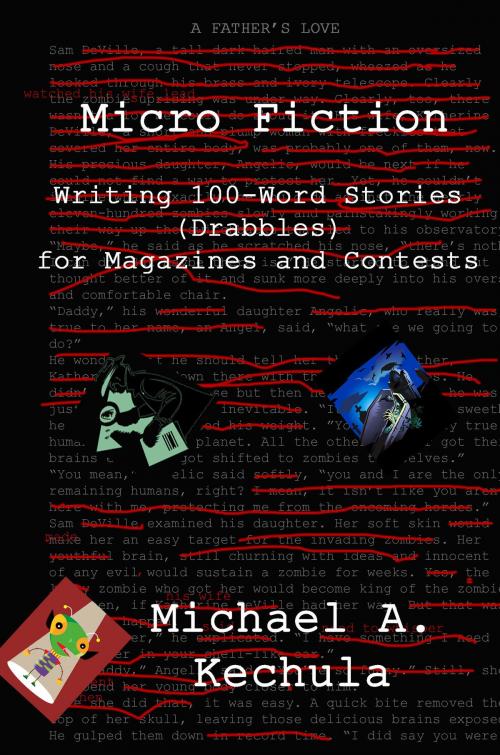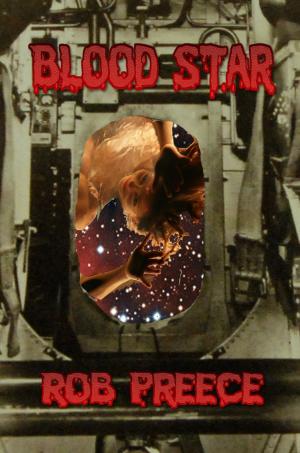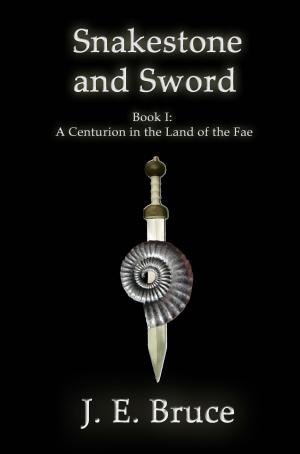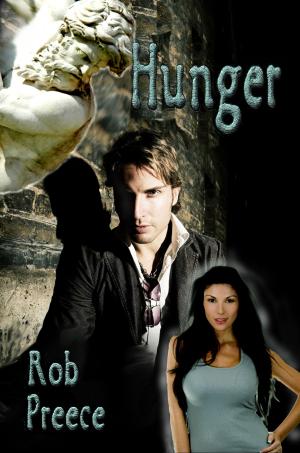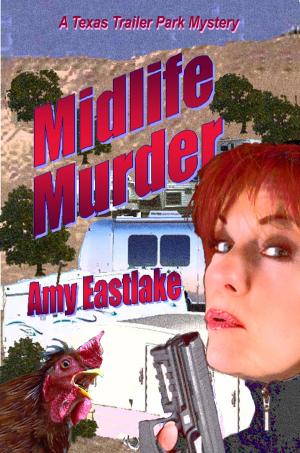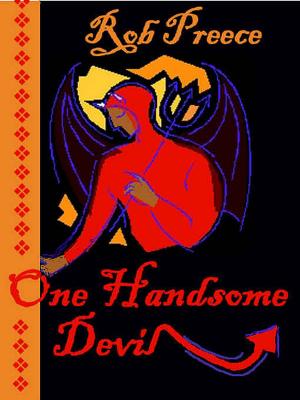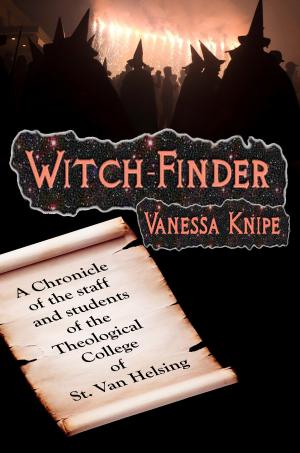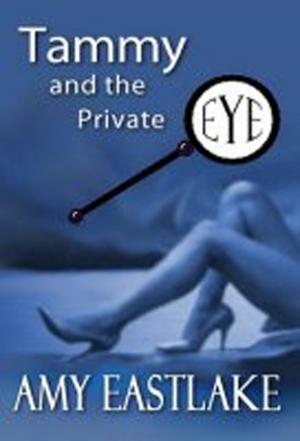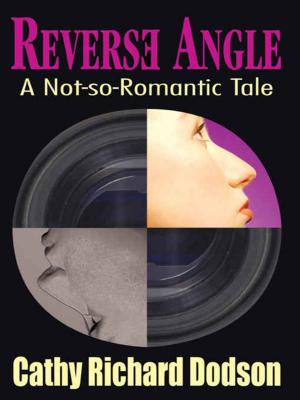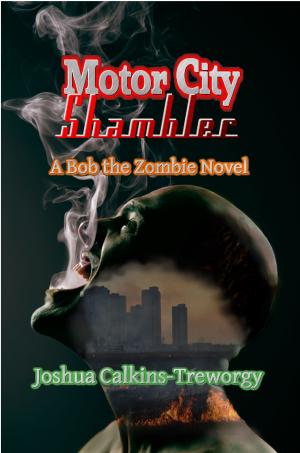Micro Fiction: Writing 100-Word Stories (Drabbles) for Magazines and Contests
Nonfiction, Reference & Language, Language Arts, Writing & Publishing, Publishing, Writing Skills, Reference| Author: | Michael A. Kechula | ISBN: | 9781602152809 |
| Publisher: | Rob Preece | Publication: | December 18, 2014 |
| Imprint: | Smashwords Edition | Language: | English |
| Author: | Michael A. Kechula |
| ISBN: | 9781602152809 |
| Publisher: | Rob Preece |
| Publication: | December 18, 2014 |
| Imprint: | Smashwords Edition |
| Language: | English |
In today's 'everything in a hurry' world of the Internet, there's a new appeal in short-form stories. Author Michael A. Kechula has uncovered a demand for ultra-short (100 word) stories called 'Drabbles.' Telling a complete story in exactly 100 words is a challenge, (in fact, just writing this review has consumed far more than 100 words), but Kechula is sharing his secrets. In a fact-filled self-study guide, author Michael A. Kechula demystifies the creation of the 100 word drabble. He starts at the beginning, with some tips and tricks on developing story ideas and writing an opening hook, continues to the twist, and then goes into detail on how to make every word count. I enjoyed Kechula’s concept of a ‘word bank,’ with each word being treasured, every word cut from one sentence being returned to the bank to be reused for maximum impact elsewhere in the story. Finally, Kechula takes us through a detailed analysis of one of his own prize-winning stories, explaining how the story evolved from concept through its initial incarnations and finally into the fully realized story, complete with a twist ending.
In today's 'everything in a hurry' world of the Internet, there's a new appeal in short-form stories. Author Michael A. Kechula has uncovered a demand for ultra-short (100 word) stories called 'Drabbles.' Telling a complete story in exactly 100 words is a challenge, (in fact, just writing this review has consumed far more than 100 words), but Kechula is sharing his secrets. In a fact-filled self-study guide, author Michael A. Kechula demystifies the creation of the 100 word drabble. He starts at the beginning, with some tips and tricks on developing story ideas and writing an opening hook, continues to the twist, and then goes into detail on how to make every word count. I enjoyed Kechula’s concept of a ‘word bank,’ with each word being treasured, every word cut from one sentence being returned to the bank to be reused for maximum impact elsewhere in the story. Finally, Kechula takes us through a detailed analysis of one of his own prize-winning stories, explaining how the story evolved from concept through its initial incarnations and finally into the fully realized story, complete with a twist ending.
